
Fear of discrimination stops LGBTI Australians from seeking mental health support
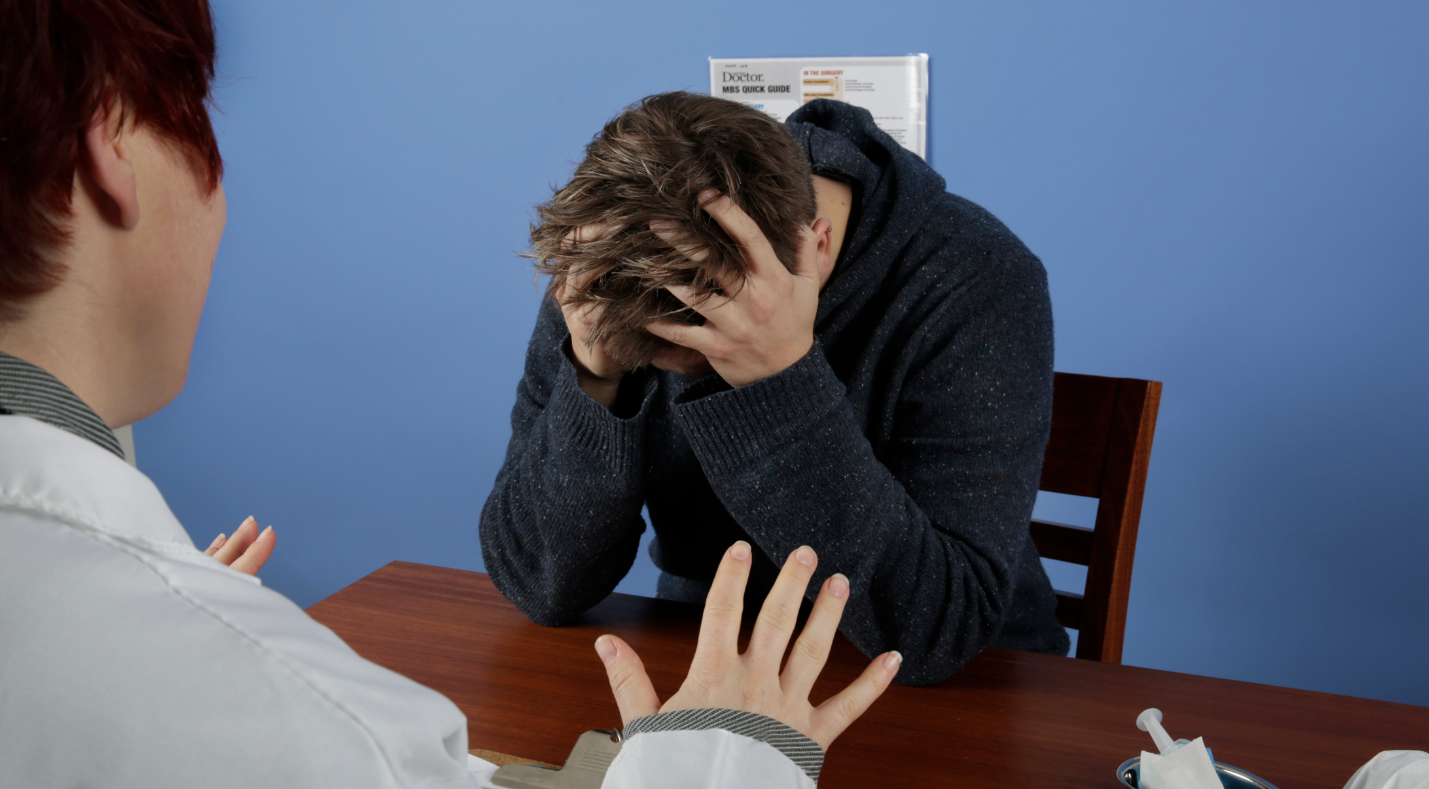
A new report released by La Trobe University researchers today shows that LGBTI Australians still fear discrimination when reaching out for help with their mental health.
The study found that 71 per cent of LGBTI Australians didn’t reach out to support services during their last mental health crisis.
The report, titled ‘Understanding LGBTI+ Lives in Crisis’, was commissioned by Lifeline Australia and is Australian-first research from the Australian Centre for Sex, Health and Society at La Trobe.
“It’s an alarming figure because we know from previous research that there is a higher rate of suicidal ideation, self-harm and poor mental health in LGBTI+ people,” said the study’s leader researcher Dr Andrea Waling.
The primary reason LGBTI+ people chose not to use crisis counselling was “an anticipation of discrimination”, according to the study.
“Many have faced discrimination from other health services and these experiences mean they’re reluctant to contact mainstream services, even in times of crisis,” Waling said.
Some participants said they believed they would be burdening a service by contacting them, while others turned to friends and family or a GP for support.
Almost half of participants, which included a diverse range of identities, said they dealt with their crisis on their own.
47 per cent of participants who used a service during their last crisis rated the experience ‘excellent’ or ‘good’, while 20 per cent rated it ‘poor’ or ‘terrible’.
Participants who chose not to use crisis support services (CSS) said they found it difficult to be certain that a service would be queer friendly.
One respondent cited “feeling as though normal services wouldn’t be able to understand the fear of being rejected for being gay as most professionals are straight” as their reason for avoiding CSS.
“Getting assigned a random call centre operator is a gamble I am not able to risk when I’m already in a heightened state of distress,” another participant said.
“The chance that I could be matched with someone who is well-meaning – but ignorant – is high, and even a small misstep, or misunderstanding on their part…could be the straw that breaks my resolve to not harm myself.”
Lifeline Research Foundation National Manager, Dr Anna Brooks, said they commissioned the report to seek recommendations to improve the service to better accomodate the crisis counselling needs of LGBTI people.
“It was pleasing to see that many of those who used crisis counselling had a positive experience and we will now work towards encouraging others to come to us in the future,” Brooks said.
Participants who identified as LGBTI people with disability and non-white LGBTI people also cited a lack of understanding from support services around the specific dynamics that were causing them distress.
“I feel like a lot of people don’t understand the cultural issues facing LGBTI+ People of Colour. They don’t understand family dynamics, and how those play a role in mental health issues, and all social relationships,” one person said.
LGBTI people of faith also said they encountered difficulty in sharing, with one saying that the LGBTI community can be “hostile towards religious individuals” so they “did not feel safe sharing” their faith.
The report recommends an increased focus on raising awareness that support services exist, that LGBTI-specific services exist, and that mainstream crisis support services are LGBTI-inclusive.
Waling and her team also recommend that mainstream services better engage in cultural competency training to cater to the needs of LGBTI people of intersecting identities, as well as further research into the mental health needs of LGBTI Aboriginal and Torres Strait Islander people and LGBTI people of colour, who can often experience feelings of alienation both from family and their communities of origin as well as the mainstream LGBTI community.
A study released last week into the effects of the marriage equality postal survey found that LGBTI Australians suffered significant damage to their mental health as a result of exposure to anti-LGBTI messaging.
The full report has been made publicly available, including comments from participants from a variety of backgrounds. You can access the report by clicking here.
If you or someone close to you is struggling and needs someone to speak to, you can contact one of these services:
Switchboard/QLife: 1800 184 527
Headspace: 1800 650 890
Beyond Blue 1300 224 636
Lifeline: 13 11 14




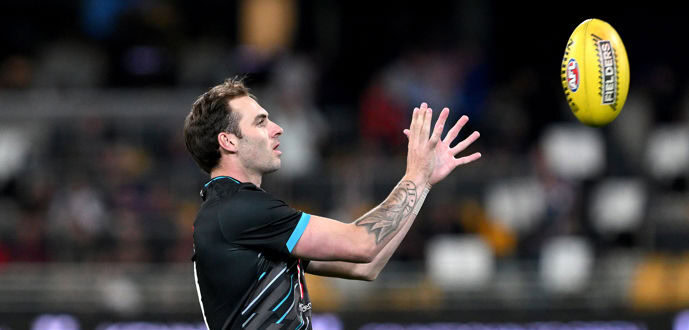
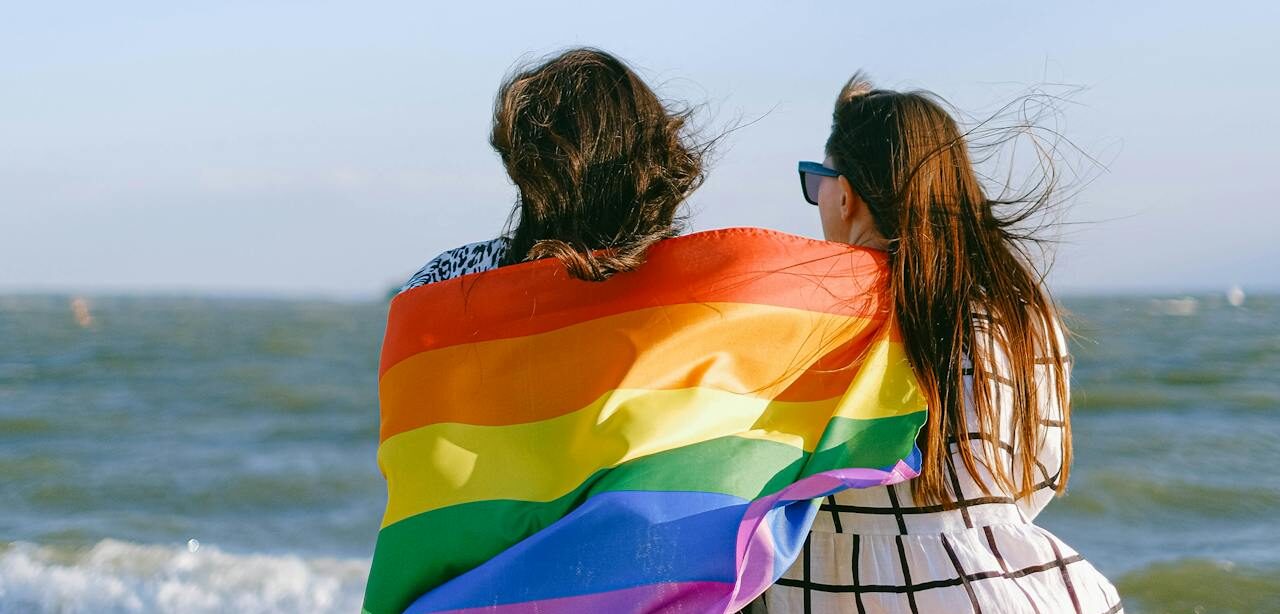

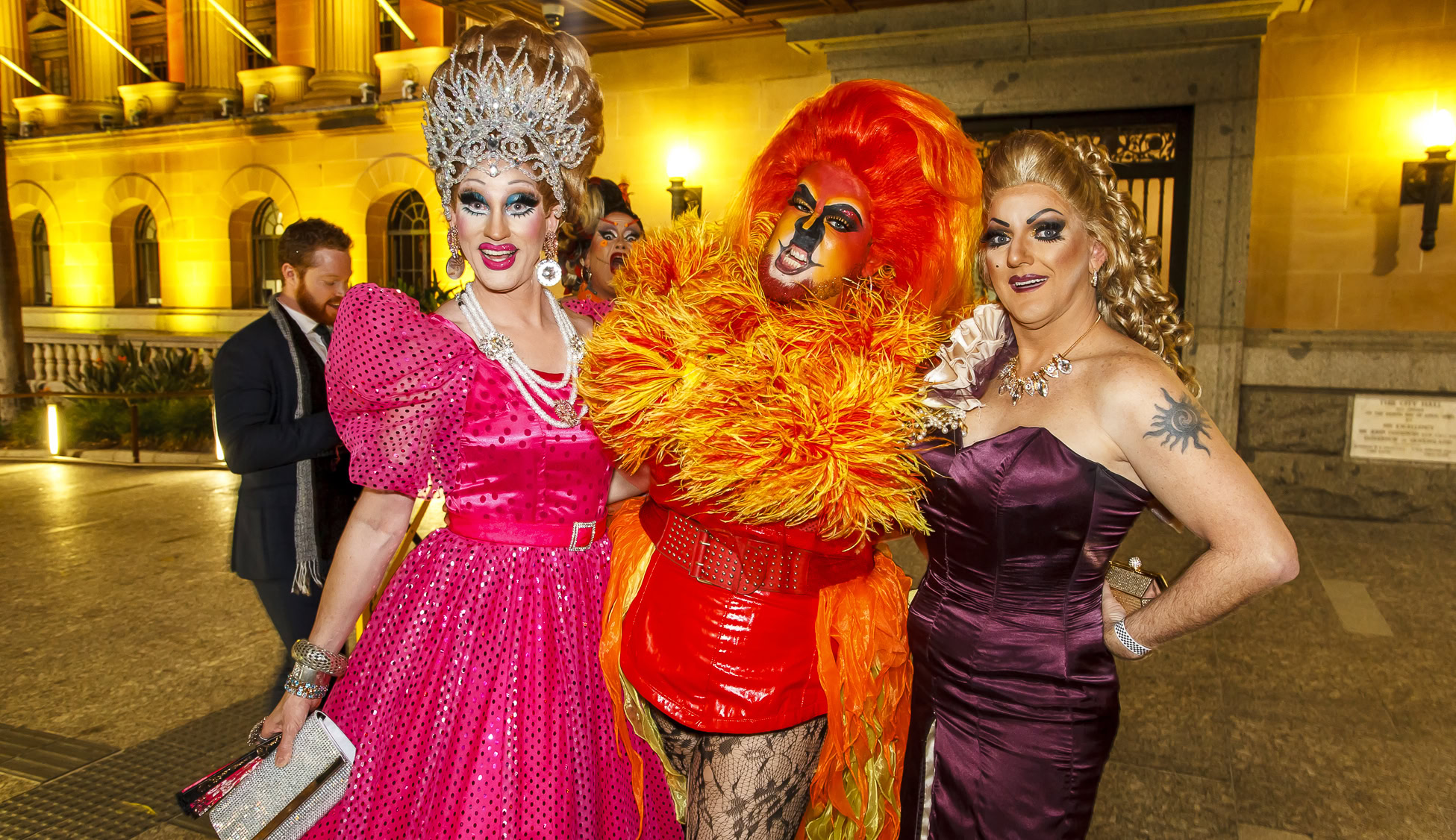

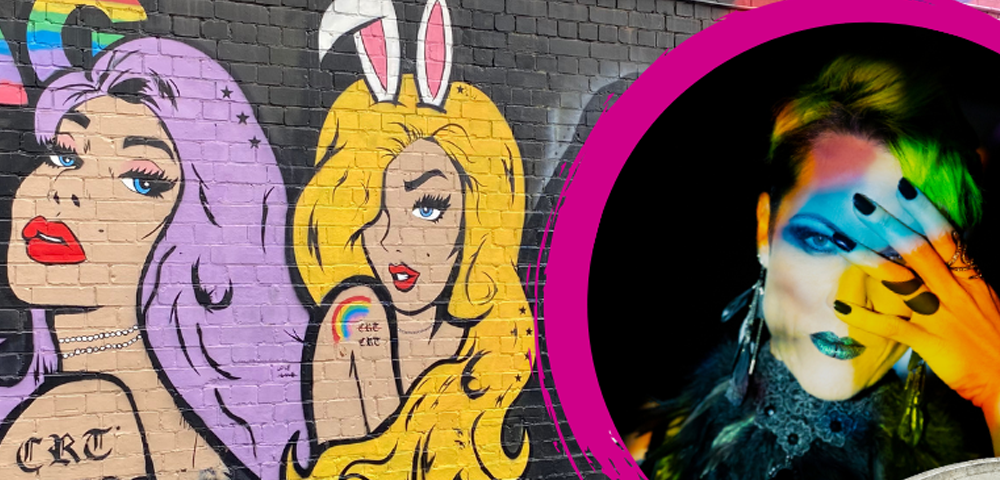
As someone who has lived with a mental illness for the last 28 years, I can say from my experience that it really is a lottery when it comes to getting discriminatory free treatment. It really does get to a point where I have to be experiencing quite severe symptoms before I seek any kind of treatment. I wish things were different, but the combined stigma of being gay and having a mental illness makes it extremely difficult. I do think things are gradually changing, but for me it’s a case of too little, too late.